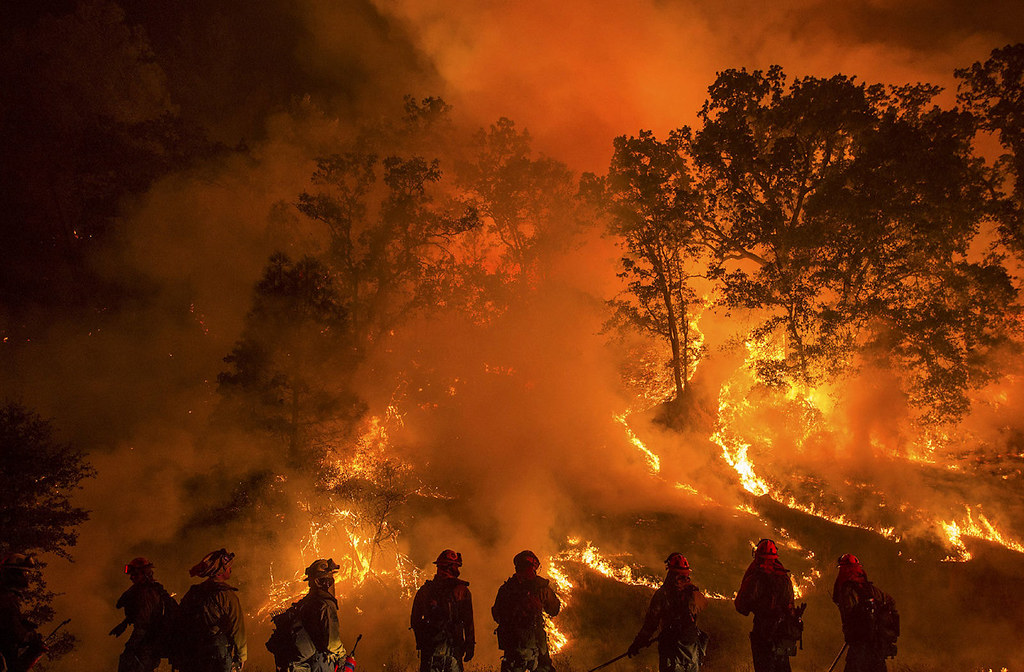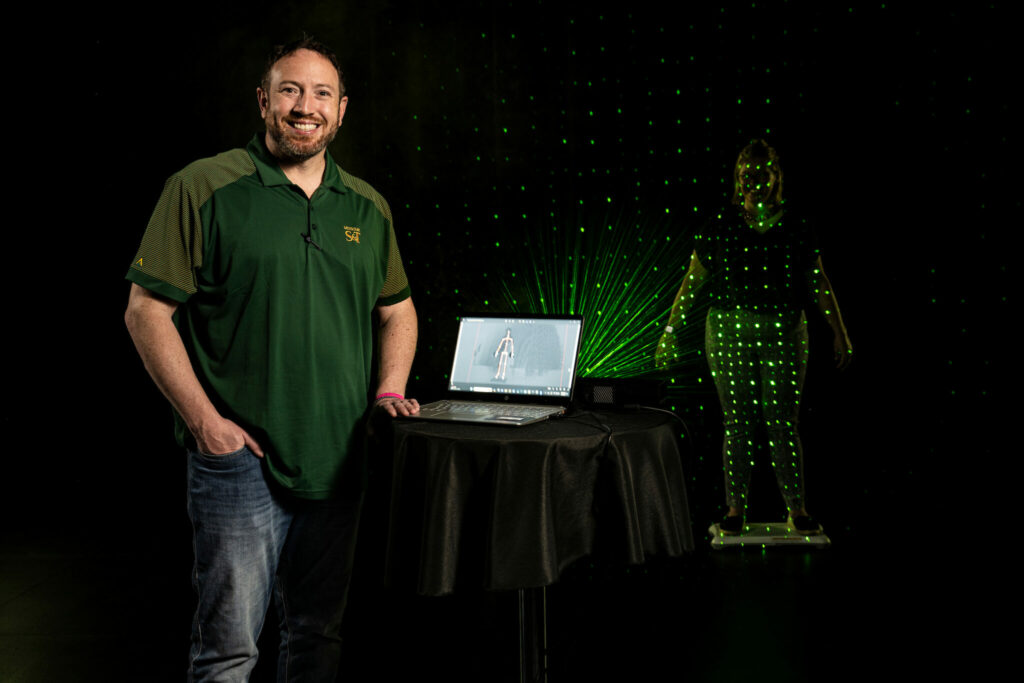Fighting fire dispatcher burnout
Posted by Peter Ehrhard

Wildfire photo via Creative Commons license. Creator: Jeff Head, Credit: REUTERS.
Emergency response dispatchers are the first people who receive calls about active fires. These workers need to quickly make decisions, send responses and coordinate logistics. But the job doesn’t end there for wildfires, because there may be a need for air tankers and helicopters, and then the dispatchers will need to relay ground information, such as wind direction, to the firefighters on the scene.
With these factors in play, it has led to wildland fire dispatchers having a higher rate of burnout. Stress, traumatic situations, low pay and low staffing all lead to problems with health and safety. Missouri University of Science and Technology researchers Dr. Robin Verble and Dr. Matthew Thimgan are working to increase safety for these dispatchers.
Verble, an associate professor of biological sciences at Missouri S&T, recently led a research survey for wildland dispatchers that looked at mental health and wellbeing. She had 510 responses and found that 10% of responders were considered at high risk for suicide. The survey also found that 73% of survey responders reported that they could have signs of mild to severe depression and 33% reported potential signs of post-traumatic stress disorder. In addition, dispatchers struggled with physical health problems, such as eyestrain, headaches and backaches.
“Dispatch is the nexus center of operations and vital for safe and efficient firefighting,” Verble says. “Wildland fire dispatchers are already understaffed nationally and don’t receive the same benefits as many other professions with less stressful daily tasks. These workers are also sometimes seasonally employed or moved throughout the country depending on geographical needs.”
Verble’s research hopes to take the survey results further and study the physical and mental ties the job has to quality of life. She is working with Thimgan, a fellow associate professor of biological sciences at Missouri S&T, to look at the relationship between wildland fire dispatchers’ sleep deprivation and cognitive abilities such as reaction. If they can find when risks significantly rise, they can provide additional justification to administrative and governmental groups for more support for these dispatchers.

“We are also working with dispatchers to gather data and measure several physical metrics for health and safety reviews,” says M. Bryan Held, a graduate student in biological sciences at S&T who works in Verble’s laboratory. “We have so much data that now the task of sorting and analyzing it for significance is becoming a large part of the job.”
The research team, in a Department of Defense funded project led by Thimgam, are using several measurements to gather performance data, from biometric sensors and smartwatches to balance tests immediately after a dispatcher’s shift is done for the day.
About Missouri University of Science and Technology
Missouri University of Science and Technology (Missouri S&T) is a STEM-focused research university of over 7,000 students located in Rolla, Missouri. Part of the four-campus University of Missouri System, Missouri S&T offers over 100 degrees in 40 areas of study and is among the nation’s top public universities for salary impact, according to the Wall Street Journal. For more information about Missouri S&T, visit www.mst.edu.
Leave a Reply